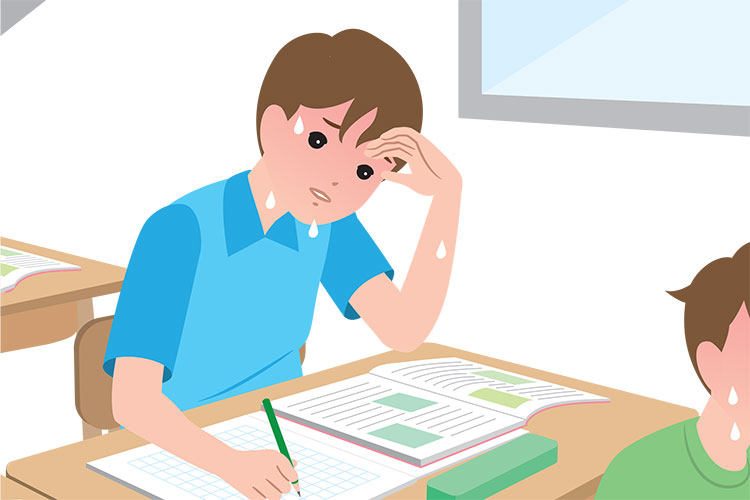Parents Demand Short-Term Summer Break Amidst Kashmir’s Relentless Heatwave
As the heatwave continues to grip the Kashmir Valley, parents are voicing their concerns and demanding a short-term summer break for students. The region has been experiencing unprecedented high temperatures, prompting the Directorate of School Education Kashmir (DSEK) to change school timings. However, this measure has been met with significant criticism from parents who believe it falls short of addressing the core issue.
Rising Temperatures and School Timing Changes
In recent weeks, Jammu and Kashmir have witnessed record-high temperatures, making daily activities uncomfortable and unsafe, especially for young students. On Monday, Srinagar recorded a scorching 35.6°C, which is significantly above the normal temperature. The MeT department has predicted that the heatwave will continue for 3-4 more days, with passing showers in some areas.
In response to the soaring temperatures, the DSEK issued an order changing school timings from 8 am to 1 pm, effective until August 10. This decision aims to mitigate the impact of the heatwave on students. However, parents argue that merely shifting school hours to the morning does not adequately protect children from the extreme heat.
Parents’ Concerns and Criticisms
Farooq Ahmad, a parent from Baramulla, expressed his frustration to the Kashmir News Service, stating, “Shifting school hours to the morning does not change the fact that children are exposed to high temperatures. Many schools lack proper sitting arrangements, making it difficult for students to concentrate in such conditions.”
Fozia, another concerned parent, highlighted the lack of basic facilities in schools. “Most schools do not even have drinking water facilities. It’s crucial to keep children hydrated in this scorching heat. Instead of just changing the timings, the government should announce a short-term summer break to provide relief.”
Inadequate School Infrastructure
The inadequate infrastructure in many schools exacerbates the situation. Numerous educational institutions in the region lack cooling facilities such as fans, coolers, or air conditioning, making classrooms hotter than the outdoor temperatures. This creates a challenging environment for effective learning and poses health risks to students.
Bilal, the National General Secretary of the Jammu & Kashmir Students Association, emphasized the severity of the issue. “We are not accustomed to such high temperatures, and the ongoing heatwave is making daily life extremely challenging. Students, in particular, are at risk as they are required to attend classes every day in conditions that can lead to dehydration, fatigue, and other heat-related illnesses.”
Calls for Short-Term Summer Break
The Jammu & Kashmir Students Association has formally requested the Directorate of School Education Kashmir (DSEK) to announce a short summer break for schools due to the severe heatwave. They argue that the current weather conditions pose significant health risks to students, and the lack of adequate infrastructure in schools only worsens the situation.
In an official statement, Aadil Bhat from the Students Association expressed grave concern about the decision to keep schools open. “Ensuring the well-being of our children should be our foremost concern. Exposing them to these extreme conditions in poorly equipped classrooms is both irresponsible and detrimental to their health and education.”
Government Response and Future Measures
Despite the backlash, the DSEK has maintained its decision to change school timings, citing weather forecasts and representations received from various stakeholders. According to the new orders, educational institutions will open at 8 am and close at 1 pm until August 10. The director of school education stated, “In view of the weather forecast, classwork in all government and recognized private schools up to higher secondary level in the Kashmir Division shall commence from 8 am to 1 pm in both rural and urban areas.”
However, parents and student associations continue to advocate for more substantial measures to ensure the safety and well-being of students. They argue that a short-term summer break would provide immediate relief and allow for better planning to address the infrastructure shortcomings in schools.



